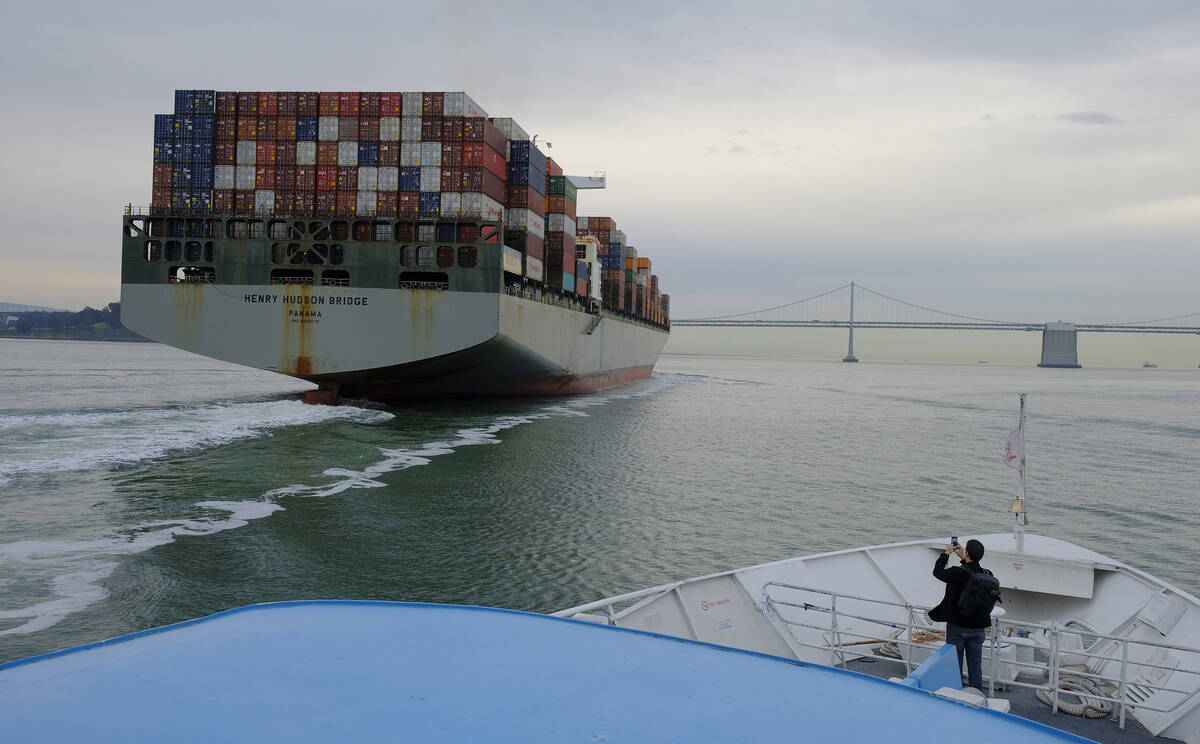COMMENTARY: Repeating history’s economic mistakes
Influential Spanish-American philosopher George Santayana famously warned that those who do not learn from history are doomed to repeat it. Judging by Donald Trump’s economic platform in his campaign for a second term as president, he seems to have learned little from the 1930s economically disastrous experience with trade wars. Nor does he seem to have learned anything from the history of the many countries that have gotten themselves into serious economic trouble by allowing public finances to get out of control.
If history is any guide, the implementation of Trump’s economic agenda will end in tears for the United States and the rest of the world.
If there is one thing upon which most economists can agree, it is that the breakdown of the world trade order in the 1930s contributed to the depth of the Great Economic Depression. Resorts to competitive devaluations and beggar-thy-neighbor trade policies led to large disruptions in trade flows and to undermining investor confidence. This seriously damaged the world economy at a time when it was not nearly as interconnected as it is today.
Undeterred by that experience or by import tariff hikes that would add to inflation by raising import costs, Trump is making an America First policy the central element of his election campaign. He is promising that he will no longer let other countries, in general, and China, in particular, take economic advantage of the United States. To that end, he is proposing a 60 percent tariff on all Chinese imports and a 10 percent across-the board-tariff on imports from the rest of the world. As he did with import tariff hikes during his presidency, he must be expected to pursue his even more aggressive trade policy without bothering to go to the World Trade Organization or to negotiate with his trade partners.
Especially in today’s world where populism is on the march, Trump’s proposed tariff hikes and his intention to cheapen the dollar would almost certainly be met by retaliatory tariff increases by our trade partners. That, in turn, would raise the risk of a downward spiral to the bottom in terms of countries trying to beggar their neighbors with added trade restrictions. One needs only to think back to how global supply chain disruptions adversely affected the world economy during the COVID pandemic to understand how a fundamental breakdown in the world trade system could throw the world into a deep economic recession.
In their magisterial book “This Time Is Different: Eight Centuries of Financial Folly,” Kenneth Rogoff and Carmen Reinhart chronicled how history is littered with examples of countries that got into deep economic trouble by being fiscally irresponsible. Recently, Niall Ferguson, the renowned economic historian, reminded us that excessively high public debt levels have led to economic weakness and the collapse of great powers.
Undeterred by this economic history, Trump proposes making tax cuts a central plank of his presidency if he is returned to office. Among his policy proposals, he would make permanent the corporate and individual tax cuts due to expire next year. According to the Congressional Budget Office, such an extension would add $5 trillion to the budget deficit over the next decade.
This would be done when the budget deficit is already at 7 percent of gross domestic product and when the CBO is warning that even without Trump’s tax cuts, the country’s debt level is set to exceed that at the end of World War II.
Against that background, Trump’s seeming disregard for sound public finances would be an invitation for a return of the bond vigilantes and for the loss of the dollar’s unrivaled position as the world’s international reserve currency.
Legendary columnist H.L. Menken famously wrote that democracy is the theory that the ordinary people know what they want and deserve to get it good and hard. From an economic perspective, if the common people vote for Trump in haste in November, they will have plenty of time to regret in leisure.
Desmond Lachman is a senior fellow at the American Enterprise Institute. He wrote this for InsideSources.com.

















